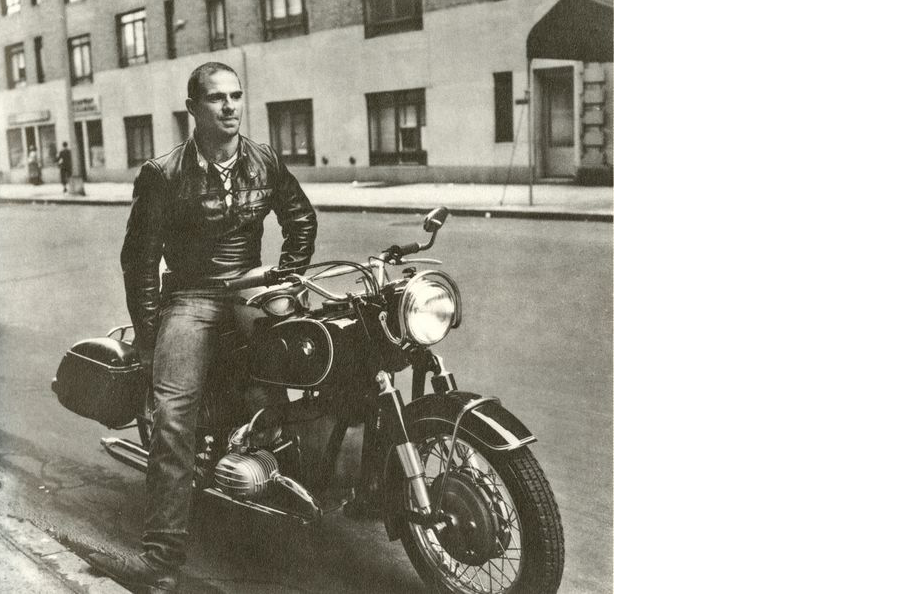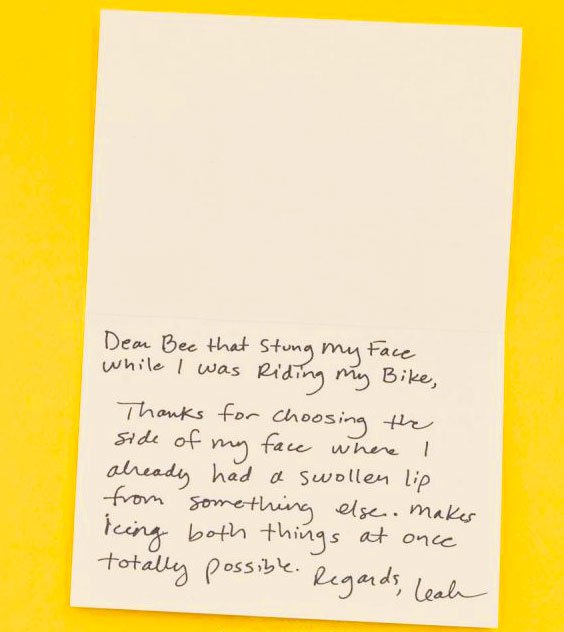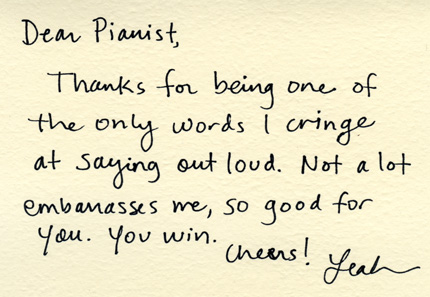Thanksgiving & Gratitude
 Dr Oliver Sacks. Photo from the book On the Move: A Life by Oliver Sacks.
Dr Oliver Sacks. Photo from the book On the Move: A Life by Oliver Sacks.
I hope everyone has had a wonderful Thanksgiving. As usual Cheryl and I spent our Thanksgiving with my ex-sister-in-law (long story) and her family. Eleven of us around a makeshift table talking, telling stories, laughing. It was fun and relaxing. On the day after Thanksgiving I reflected on giving thanks. There were periods in my life when I did daily gratitude practice. About ten years ago, I would do a chant-like gratitude practice while running. Then there was a period when I would write gratitudes in a journal. More recently, when I would go outside for the first time in the morning, I would look at the sky and give thanks for the new day. For some reason those practices faded.
I thought my life benefited from those practices. A belief supported by research. In a seminal study published in 2003, Dr. Robert A. Emmons and Dr. Michael E. McCullough divided 200 undergraduates into three groups. One group wrote weekly ‘gratitude’ reports. The instructions were:
There are many things in our lives, both large and small, that we might be grateful about. Think back over the past week and write down on the lines below up to five things in your life that you are grateful or thankful for.
Members of one of the other group wrote weekly reports about hassles in their lives (stupid people driving, and doing a favor for friend who didn’t appreciate it ) and members of the final group were asked to write about events in their lives (cleaned out my shoe closet and talked to a doctor about medical school ). After ten weeks the researchers discovered that compared to the other two groups, the gratitude group felt more positive about their lives, exercised more, and were healthier. That is quite an amazing return on just spending a few minutes a week writing down what you are grateful for!
Often our lives are focused on desires. Desires for something we want like some shiny new gizmo for Christmas (I can spend hours and hours researching shiny gizmos on the web). Desires to have something end that we don’t like–like this sprained ankle I seem to have or the world to be less violent. We spend our days focusing on desires. Thinking about the future. Gratitude practice is a good antedote for desires. It helps us focus on the present. It helps us see things clearly.
I’ve previously mentioned Maria Popova and her excellent blog brainpickings. In a review she wrote of the book thxthxthx she writes:
We live in a culture with far, far too much pessimism, cynicism and dystopianism going around. It’s easy to dismiss any inkling of positivity as self-serving Pollyannism, yet there’s plenty of evidence that recognizing our simple blessings greatly increases our well-being. I’m certainly a believer.
The book, thxthxthx, by the way, consists of 200 handwritten thank you notes by Leah Dieterich including:


Perhaps it is time, as Maria Popova suggests, to recognize ‘our simple blessings’. To acknowledge and be grateful for what we have. To be grateful for the life we do have–the good and the bad. Be grateful for, as buddhists say, the 10,000 joys and the 10,000 sorrows of life.
Oliver Sacks, in his book Gratitude writes:
At nearly 80, with a scattering of medical and surgical problems, none disabling, I feel glad to be alive — “I’m glad I’m not dead!” sometimes bursts out of me when the weather is perfect… I am grateful that I have experienced many things — some wonderful, some horrible — and that I have been able to write a dozen books, to receive innumerable letters from friends, colleagues and readers, and to enjoy what Nathaniel Hawthorne called “an intercourse with the world.”